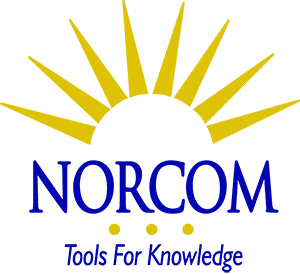 Sustainability
Sustainability
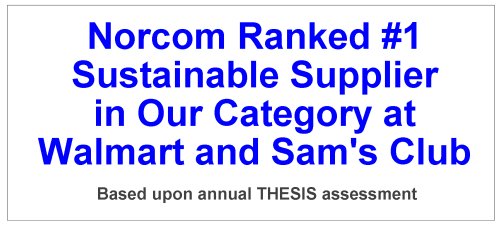
In 2010 Norcom began formally addressing sustainability and the process of goal-setting and developing metrics that would enable the company to compare year-to-year progress toward those goals. We participated in a formal sustainability assessment to determine our baseline data and began charting a path forward with sustainability initiatives.
Sustainability has a role in corporate decision-making processes. Included are capital expenditure decisions such as opting for an environmentally friendly roof with energy saving yields when a new roof was needed. Investments in fixtures that save water and energy have been phased in over time.
Norcom's goals enabled the company to reduce the organization's environmental footprint. After baseline studies were conducted we recognized that energy and water use were the company's largest contributor to to CO2(e) emissions. Strategies were promptly developed to address our areas of greatest environmental impacts.
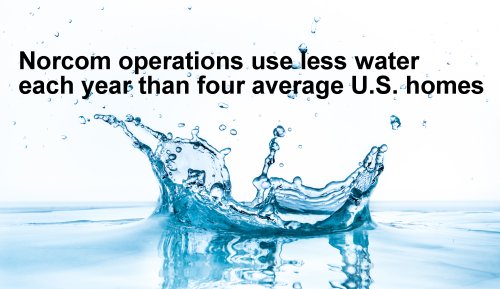
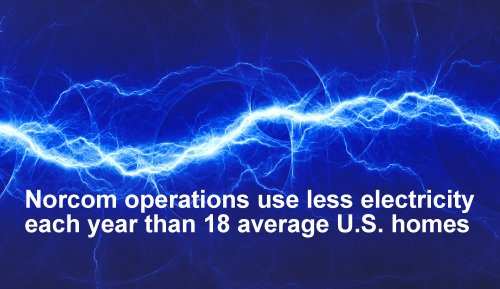
We believe that we made significant progress working toward emissions reductions that put the company is an excellent position as we work toward Zero Emissions status within our current goal cycle.
SUPPLY CHAIN
Norcom is a converter. We are not a manufacturer. We do not make any items for inputs into other products. Norcom purchases raw materials such as paper, covers, and wires and via labor and equipment converts them into school and office products. That means that the overwhelming majority of our environmental and social impacts are in our supply chain rather than resting under the direct control of our own organization.
As of 2019 over 80% of product inputs by weight were purchased from companies that report GHG emissions and have strategies for emissions reductions. Norcom monitors suppliers' impacts, goals and progress toward those goals.
Fiber
We take responsibility for our supply chain by monitoring it for sustainability, legal and ethical compliance. We require certification for all fiber-based inputs to ensure that forests are protected and that workers are paid and treated in a legal, ethical and fair manner. Norcom has a zero-tolerance position on forced, unfair or unethical labor practices.
As of 2019 81% of the fiber we purchased was from well-managed, zero-deforestation, certified North American forests. The balance of fiber was either recycled or was certified to credible and internationally recognized standards but originated from outside North America.
Norcom is committed to sourcing all paper fiber from suppliers that do not contribute to the clearing of natural forests or the conversion of other natural ecosystems for their production, aiming to achieve a completely deforestation-free supply chain.
The company will require traceability of suppliers’ fiber through third-party verified certification to credible forest standards such as: Sustainable Forestry Initiative® (SFI®); Forests Stewardship Council® (FSC®); Programme for the Endorsement of Forest Certification® (PEFC®). Additionally, the organization will conduct further due diligence via global commodity mapping when indicated.
Metals
All suppliers of metal inputs are required to participate in the Responsible Minerals Initiative by providing a Conflict Minerals Reporting Template that facilitates the transfer of information through the supply chain regarding mineral country of origin and the smelters and refiners being utilized. Norcom is committed to ensuring that conflict minerals do not enter the company's supply chain.
Norcom is complaint to Responsible Minerals Initiative standards.
Plastics
Norcom requires certification for certain plastic notebook covers. We are implementing initiatives to make sure that all of our plastics have recycled content and are reusable, upcyclable, recyclable or industrially compostable by 2030.
CIRCULAR LIFECYCLES FOR PRODUCTS AND PACKAGING
Sustainability measures are considered and implemented in product development for both the sales units and shipping containers. Norcom's ultimate goal is to provide products and packaging with circular lifecycles thus keeping our products in use as inputs to other products, upcycling, reuse, or recycling.
We encourage consumers to visit the Recycling tab on our website for ideas on reuse; upcycling and recycling.
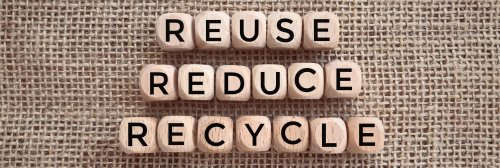
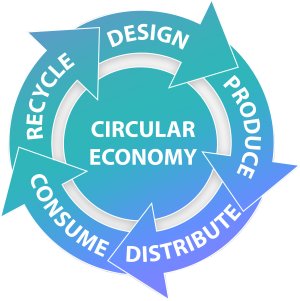
In 2010 Norcom became Sustainable Forestry Initiative® (SFI®) certified to the Certified Sourcing standard. www.forests.org
We worked with our suppliers and encouraged each one to become certified to a credible, internationally-recognized forestry standards. Today 100% of fiber for our in-scope products come from certified companies.
Certification provides assurance to our retail accounts and consumers that all fiber is legally and ethically procured, that we continue meet our Zero Net Deforestation Goal, animals, water and soil quality is protected as are the rights of the communities and people that live and work near these forests. SFI® certified forests store 20 billion tons of carbon in the U.S. alone.
RENEWABLE ENERGY
Norcom set a goal of 100% renewable energy for all of our operations by 2040. Today over half of our paper and fiber come from suppliers that use biofuels in their production processes. Biofuels significantly reduce harmful CO(2) emissions because they do not rely upon petroleum and coal as energy inputs.
Our renewable energy goal additionally promotes the company's risk resilency and mitigates, or eliminates, certains risks associated with climate change to ensure that our organization and its stakeholders are protected, maintain supply chain integrity for our retailer customers while maintaining product quality and protecting consumers from shortages
SFI marks are registered marks owned by the Sustainable Forestry Initiative
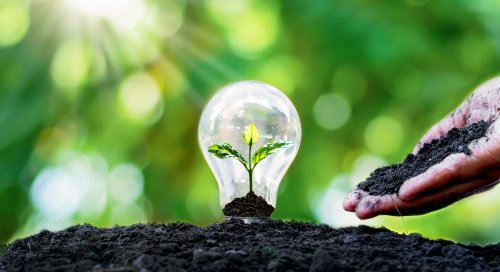

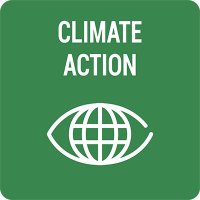
GOAL ACCOMPLISHED!
Tactic(s): Require Valid Certification for companies providing ALL fiber used in Norcom products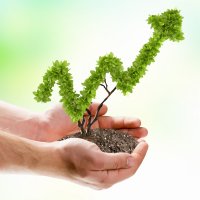
GOAL ACCOMPLISHED!
100% of plastics in packaging and products must be recycled or recyclable by 2030.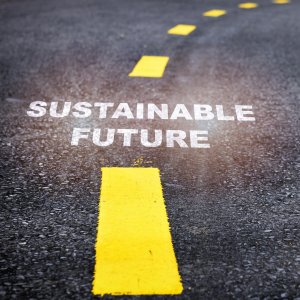
EMISSIONS
Energy
Reduced by 583.4 Metric Tons of CO2e in 2019 over 2018
Recycling (Paper, Corrugated, Plastics and Metals)
55.69 Metric Tons of CO2e saved by diverting materials from landfill in 2019
ZERO NET DEFORESTATION
Continued to meet Zero Net Deforestation status in 2019 (originally established in 2010) by the use of fiber from certified or neutral (recycled) sources. Audit summary available upon request.
SUPPLY CHAIN
Continued to meet the requirements of Conflict Free metals sourcing through vendor compliance in Conflict Free Metals Template
*As of 9/7/2021 the most recent reporting year for Project Gigaton is 2019.
*GHG Equivalencies calculated using EPA Equivalencies Calculator
ENERGY POLICY
The company targets a normalized average of five percent energy use reductions
per year in our own operations through efficiency and reductions. Norcom’s goal is
to produce zero net emissions in company owned operations by 2040 to an effort to
prevent the worst impacts of climate change. Between 2011-2022, the company
achieved a 74% reduction in CO2(e) per CDP reporting. Efficiencies such as automatic lighting, conversion to low emissions lighting, cool
roofs, energy efficient HVAC systems and similar initiatives will continue to be
deployed. In addition, the company will continue to explore on-site renewable energy as
technologies improve and solar energy becomes cost effective for the organization.
In the meantime, Norcom will purchase energy certificates from our providers.
Methods of decreasing emissions from business travel will be mitigated by
reducing travel in lieu of other meeting methodologies and purchasing energy
vouchers for flights.
Included are Norcom headquarters and warehouse at 200 Wilson Road, Griffin,
GA, 30223 and the company’s manufacturing facility at 200 Boyd’s Crossing
Road, Griffin, GA 30224. The Director of Environmental Affairs (DEA) is responsible for collecting and
analysing reporting key performance indicators to internal and external
stakeholders. The DEA works with internal and external stakeholders to develop
and meet sustainability targets and adjust as required and implement identified
energy efficiency measures. Primary data is collected from invoices and entered into the company MIS for
evaluations from which action plans are devised. * Currently, the Earth is already about 1.1°C warmer than it was in the late 1800s, and
emissions continue to rise. To keep global warming to no more than 1.5°C – as called for in the Paris Agreement – emissions need to be reduced by 45% by 2030 and reach net zero by 2050.
(United Nations Climate Action) FOREST POLICY Norcom is committed to sourcing all paper fiber from suppliers that do not
contribute to the clearing of natural forests or the conversion of other natural
ecosystems for their production, aiming to achieve a completely deforestation-free
supply chain by 2021. The company will require traceability of suppliers’ fiber through third-party
verified certification to credible forest standards such as: Sustainable Forestry
Initiative® (SFI®); Forests Stewardship Council® (FSC®); Programme for the
Endorsement of Forest Certification® (PEFC®). Additionally, the organization
will conduct further due diligence via global commodity mapping when indicated. Additionally, Norcom will explore non-wood fibers with lower environmental
impacts as a source for the company’s fiber as well as increased recycled fiber
content. CONFLICT MINERALS POLICY Norcom, Inc. is a secondary producer of paper-based school and office supplies
distributed through mass market retailers. Norcom recognizes the importance of
responsible sourcing across the company’s raw materials procurement processes.
All suppliers covered by the Responsible Minerals Initiative (RMI) are required to
complete the most recent template issued by the RMI. This is an initiative of the
Responsible Business Alliance (RBA) and the Global e-Sustainability Initiative
(GeSi), that help companies from a range of industries address conflict mineral
issues in their supply chain.
Norcom supports protection, conservation and supply chain transparency in the procurement of all of our forest based products. We are proud that 100% of our paper and fiber board supply comes from companies certified to a credible and internationally recognized standards organization that require third-party auditing such as SFI®; FSC®; and PEFC®.



Since 2010 Norcom has been Sustainable Forestry Initiative® Inc., (SFI) certified. The certification requires annual audits by a third party to insure strict adherence to the SFI Fiber Sourcing Standard.
It is a powerful tool to ensure healthy forests that mitigate climate impacts, are resilient to fire threats, and support diverse communities.
For more information go to http://www.forests.org

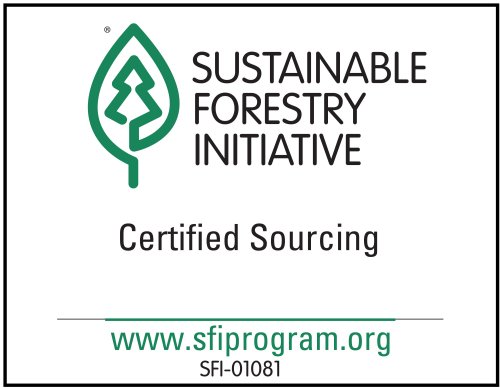
Look For Our Label on Norcom Products. Choosing SFI-certified products is a great way to protect species, combat climate change, reduce plastic pollution, and protect water supplies.
Download Norcom's Certificate Here: Download Certificate
Norcom is committed to the company's Zero Solid Waste goal and is continually seeking solutions to divert waste from landfills. Our current tactics include source reduction, recycling and materials reductions and efficiencies.
Norcom has invested in equipment that enables us to recover manufacturing waste, including fiber-based materials (paper, liner boards and cardboards) and return them to companies that use them to make new raw materials. Metals are collected for recycling as are wood products such as pallets and cores that enable large rolls of paper to be attached to our equipment.
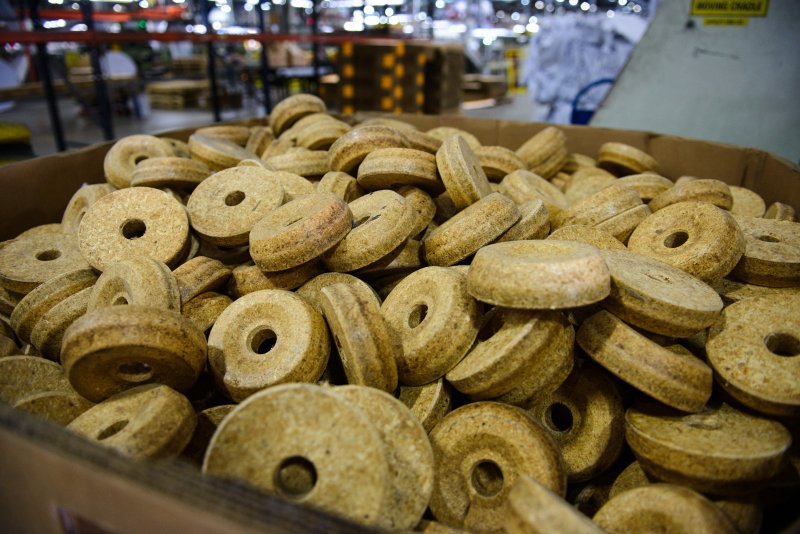
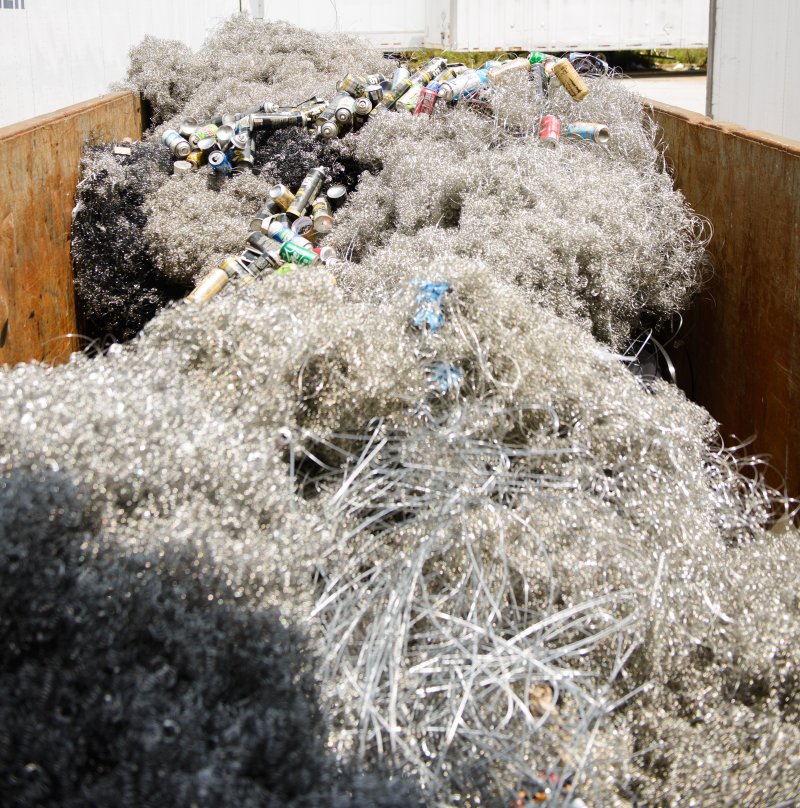
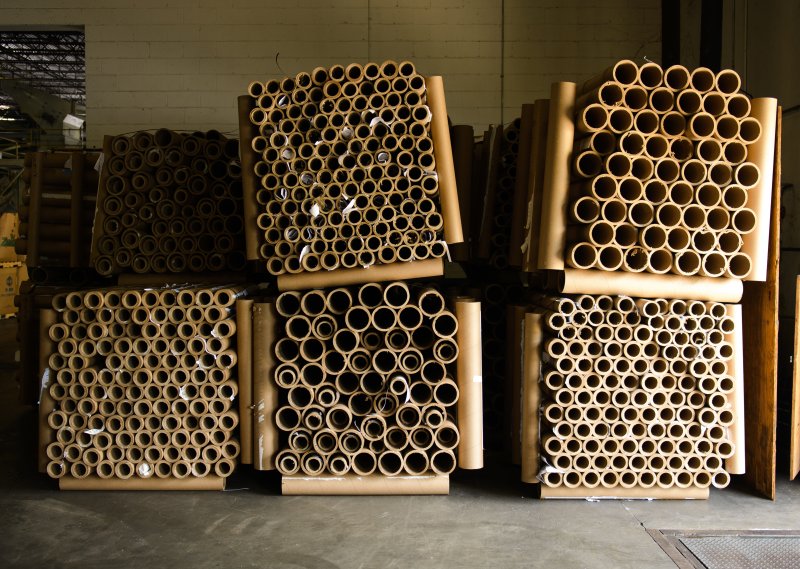
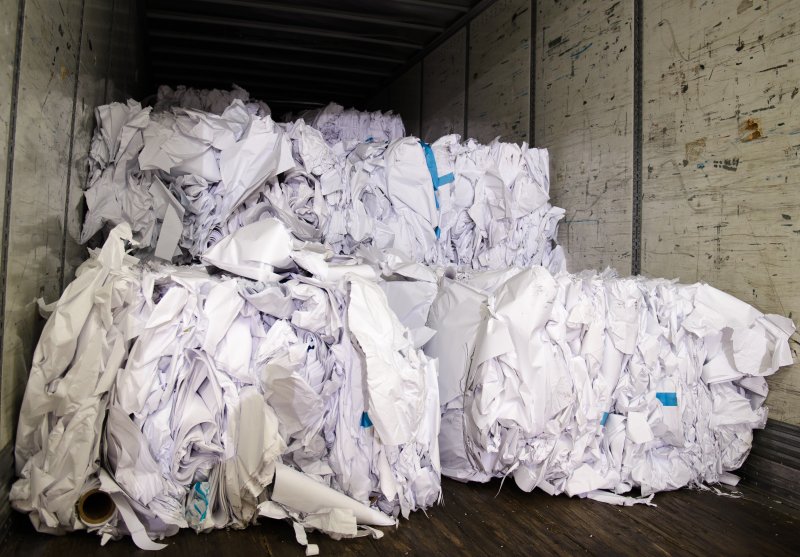
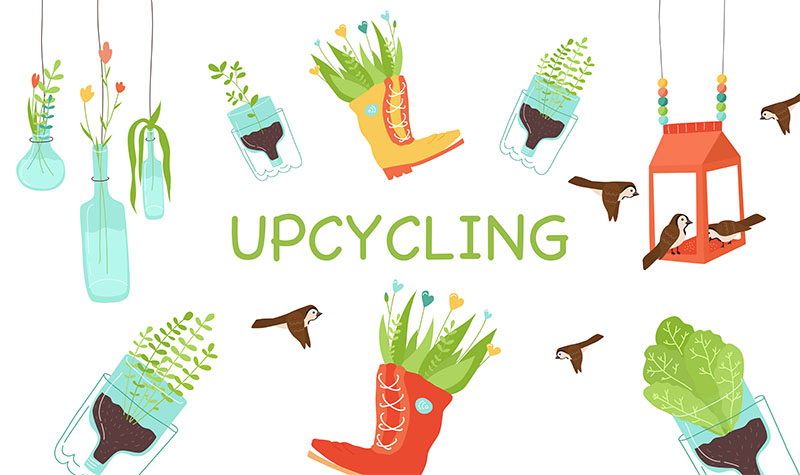
Paper ranks Number One in materials recycled. According to the American Forest & Paper Association over 65% of paper is recycled. Norcom's products are easily recyclable, reusable or upcycled!
Search online for How to Recycle a ______________ (Spiral Notebook; Notebook Paper, etc.) and choose the method that works best for you.
For consumers that want to take solid waste reduction to another level Norcom encourages consumers to think beyond recycling to find creative and fun ways to reuse and upcycle paper and other materials to save money and encourage zero solid waste.
It's easier than you might think and the opportunities are only as limited as your imagination.
Gorgeous hand-made gift wraps, stationery and greeting cards
Woven paper baskets
Coasters
Beautiful paper flower bouquets
Linings for bulletin boards
Pet Bedding
Weed control in flower beds
Wires can be used for art projects and craft ideas
There are endless colorful and durable scrapbooking and craft ideas for upcycling plastic notebook covers!
Search on-line for thousands of easy, fun and money-saving ideas to upcycle, reuse and recycle our products!
Idea Gallery To Help You Get Started
Paintbrush

Greeting Card

Paper Basket
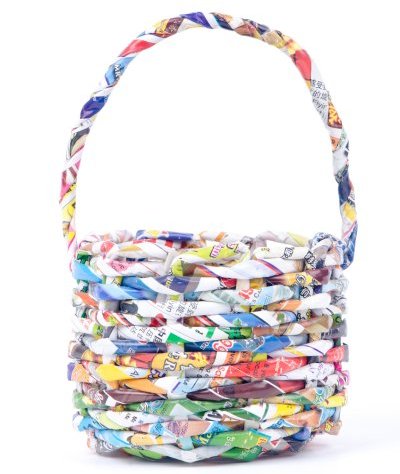
Paper Making
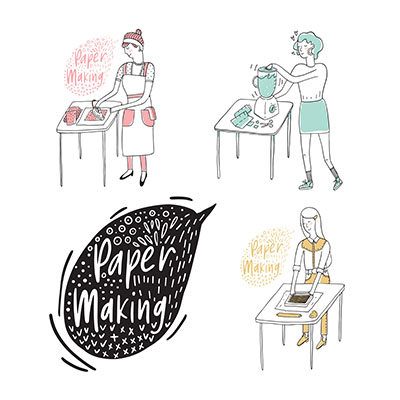
Handmade Paper
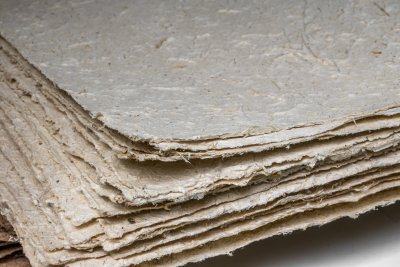
Handmade Paper Embossed
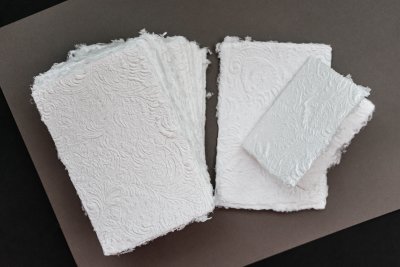
Handmade Paper With Flowers
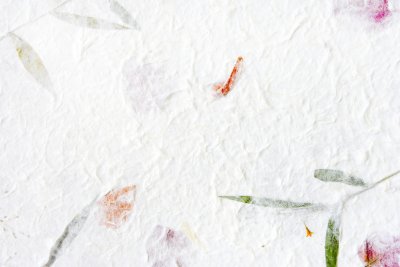
Woven Plastic
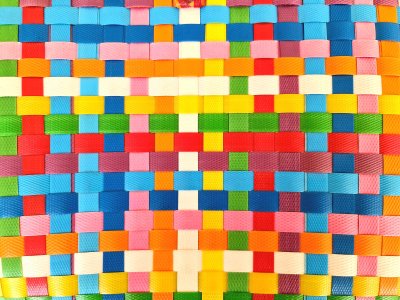
Wire Crafts Horse

Wire Crafts Giraffe
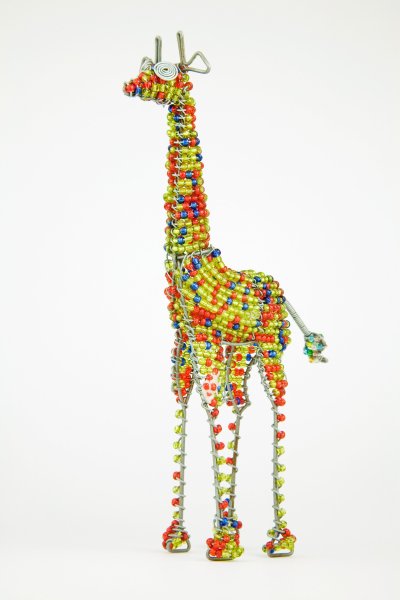
Wire Crafts Flowers

Plastic Picture Frame
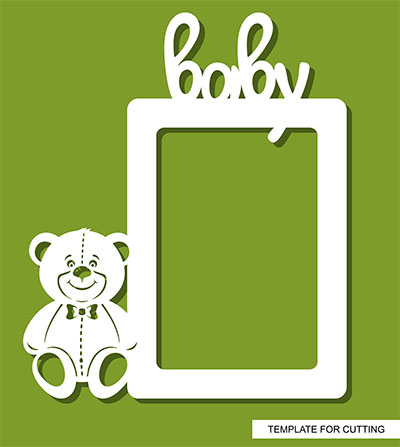
Plastic Bird
